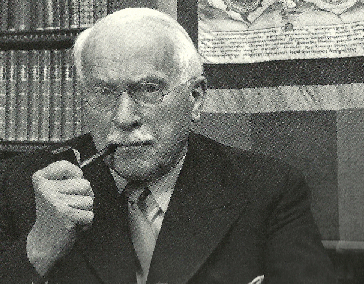What is Jungian Analysis?
Jungian analysis can alleviate the suffering of emotional disorders such as depression and anxiety, and it facilitates psychological and spiritual growth.
Carl Jung called his theory and practice analytical psychology, and it is sometimes referred to as depth psychology. Jungian analysis is based on bringing unconscious elements of the psyche into consciousness and on discovering meaning and significance in individual existence.
Becoming conscious of previously unconscious material allows new values and purpose to emerge, encourages a sense of wholeness and balance, and increases freedom of choice.
It is an effective means of discovering your true self.
What happens in Jungian analysis?
Jungian analysis is an intensely rewarding and transformative experience. The analyst and client ususally examine memories of the past, dreams, and other forms of symbolic expression such as painting, sculpture or poetry in the light of current daily experiences.
Depth Psychology is based on exploring parts of the psyche that are not usually conscious to the ego, but which impact daily life. In addition to unconscious complexes, these may include the Self, the anima or animus, the shadow and the persona.
For Carl Jung and his followers, the ego is not the center of the total psyche, but only the center of consciousness.The Self, the center of the psyche, can be known only through symbols. When it becomes more conscious, the ego feels energized, balanced, and more spiritual. Many find their first experiences of the Self in dreams.
The anima or animus are the contra-sexual parts of the psyche, which if allowed to remain unconscious often interfere with relationships. Becoming more conscious of one's contra-sexual projections frees us from making the same repetitive mistakes and facilitates realistic, loving relationships.
The shadow consists of repressed parts of the psyche which, if acknowledged and integrated with the ego, lead to increased tolerance and empathy with other people. Negative shadow elements of the psyche are often projected on to others, so awareness of one's own shadow is a moral imperative,
In addition, Jungian analysts also usually help a client distinguish between the persona – the social roles and identity by which we are known to other people -- and the ego. Distinguishing between persona and ego brings a sense of authenticity and of being one's true self. It helps one relate to other people more professionally and with greater effectiveness in relationships.
